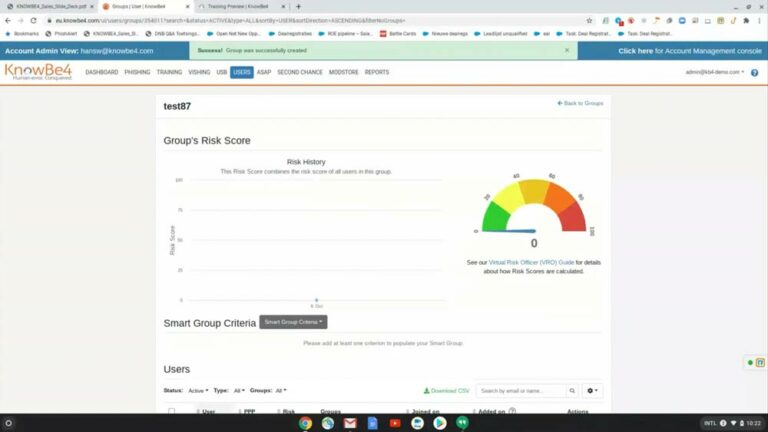If you accidentally click on such a link, malware will be installed on your computer and can steal your login details, install a backdoor, download other malware or send spam mails from your address. Trickbot is an example of malware currently circulating in this way. Cyber criminals act as services of the World Health Organization (WHO), governments or hospitals. Like the Coronavirus itself, Trickbot is currently spreading very rapidly. In our country, too, the number of attacks is increasing day by day.
Responding to current themes is a well-known tactic of cyber criminals, especially when those themes are accompanied by insecurity and fear, which keeps people busy and makes it easier to seduce them by clicking on unsafe links.
However, fear is a bad counselor when it comes to cybercrime. Just like good hand hygiene, good cyber hygiene is a first and important step to protect yourself and others. Don't just click on links in emails, but think carefully about whether the message comes from a reliable source. Even then it could be a spam mail sent from one of your hacked contacts. Trickbot and other malware also circulates via WhatsApp and SMSIt's best to remove suspicious messages permanently and don't give away bank details. More tips to protect yourself and your colleagues can be found at here.
share this post:







